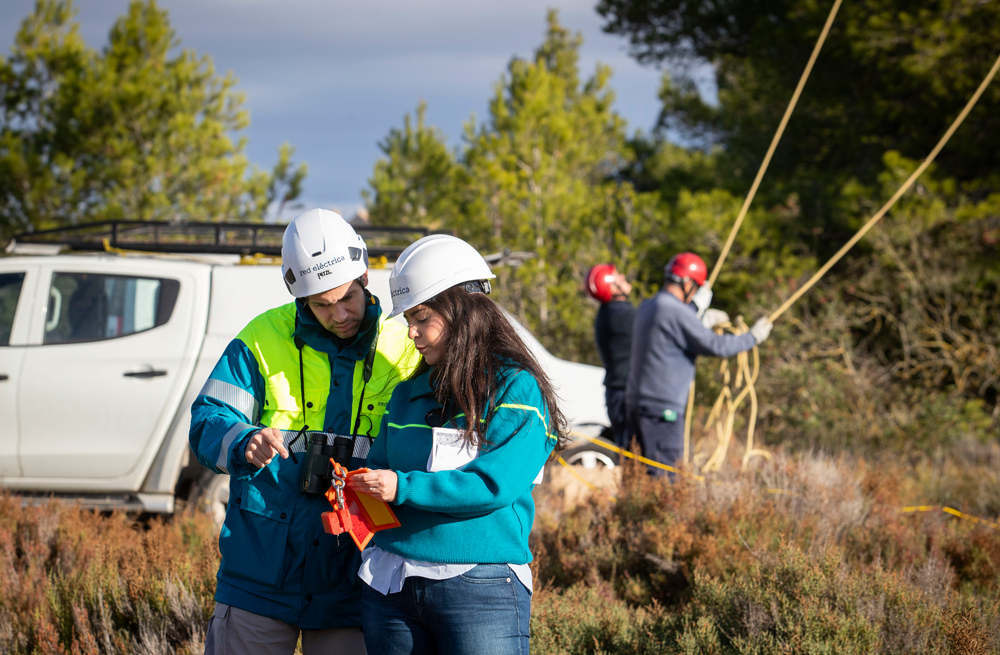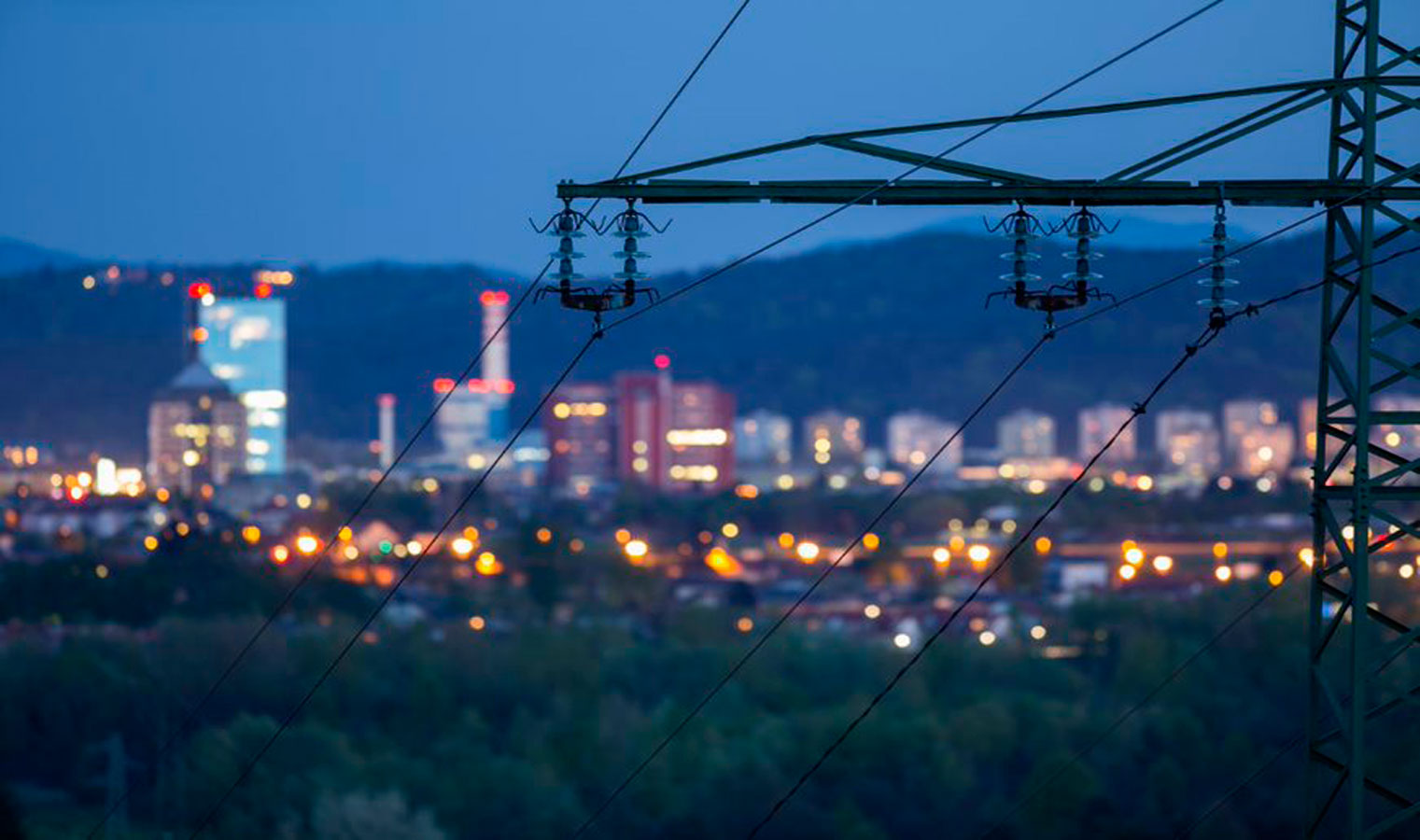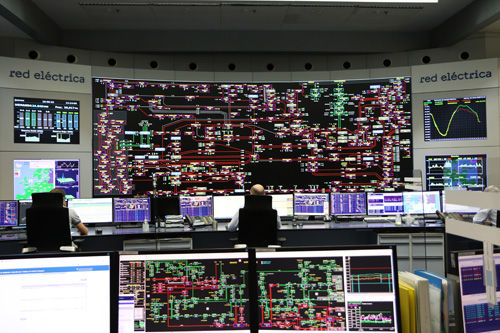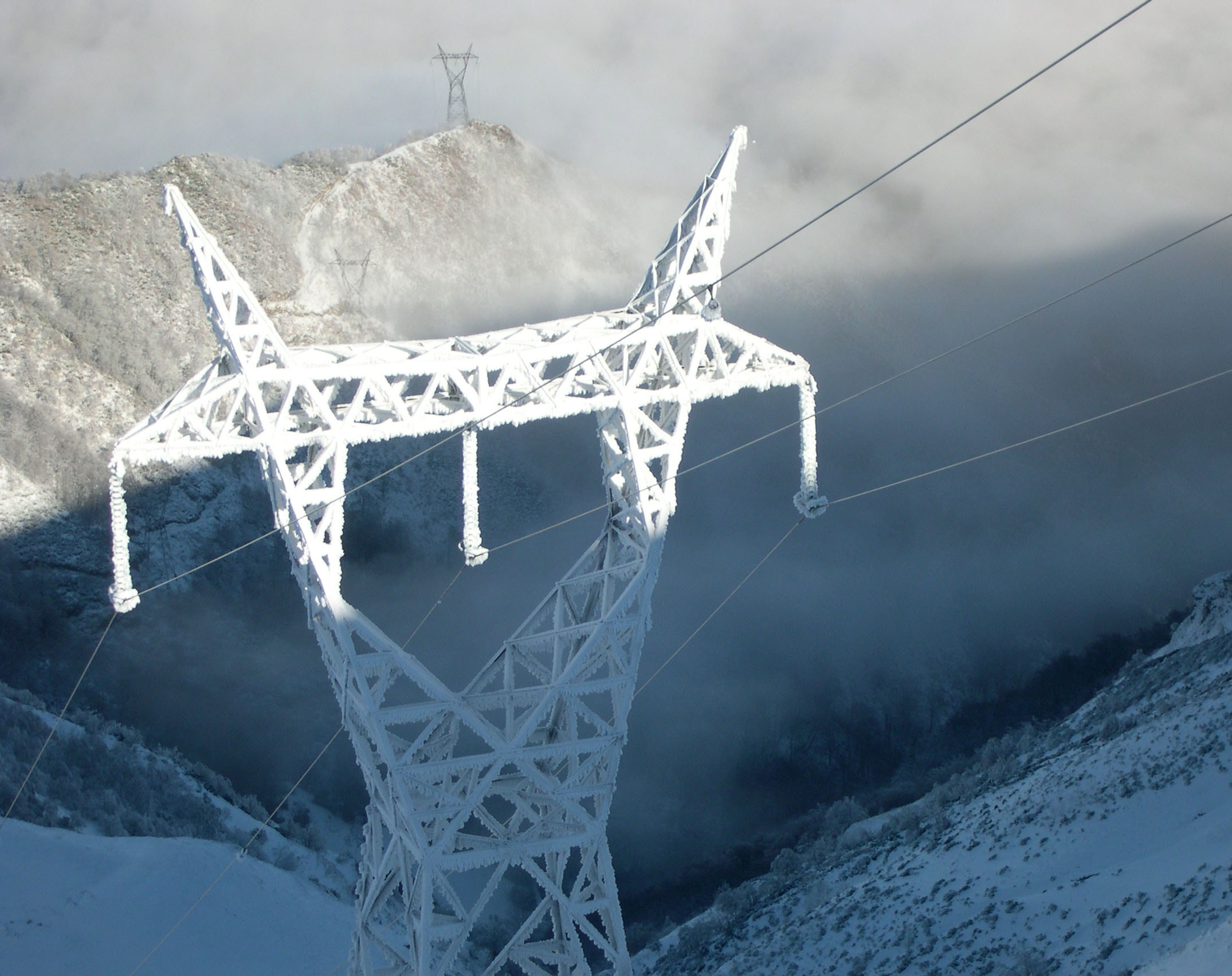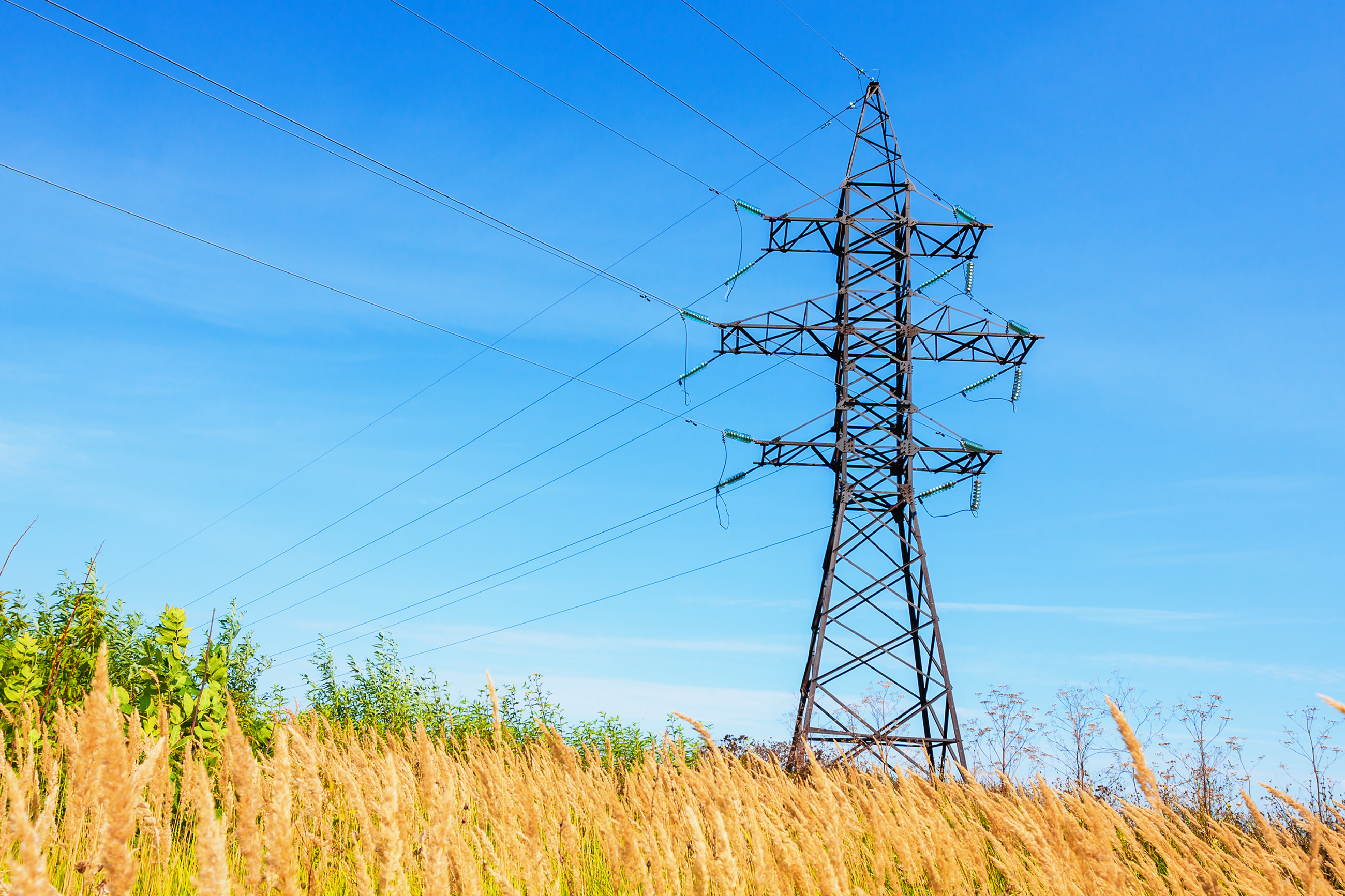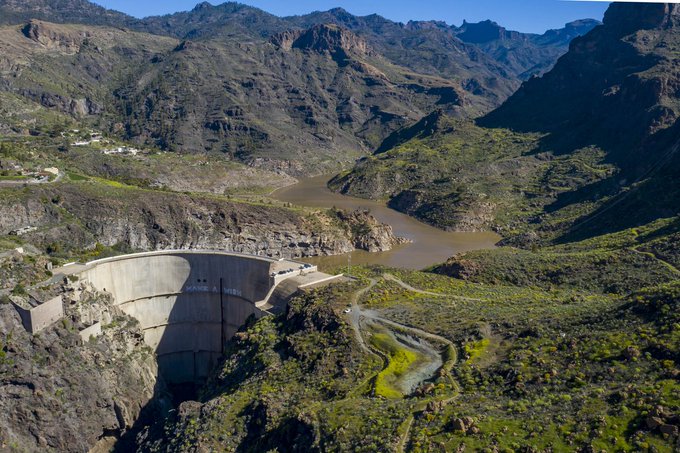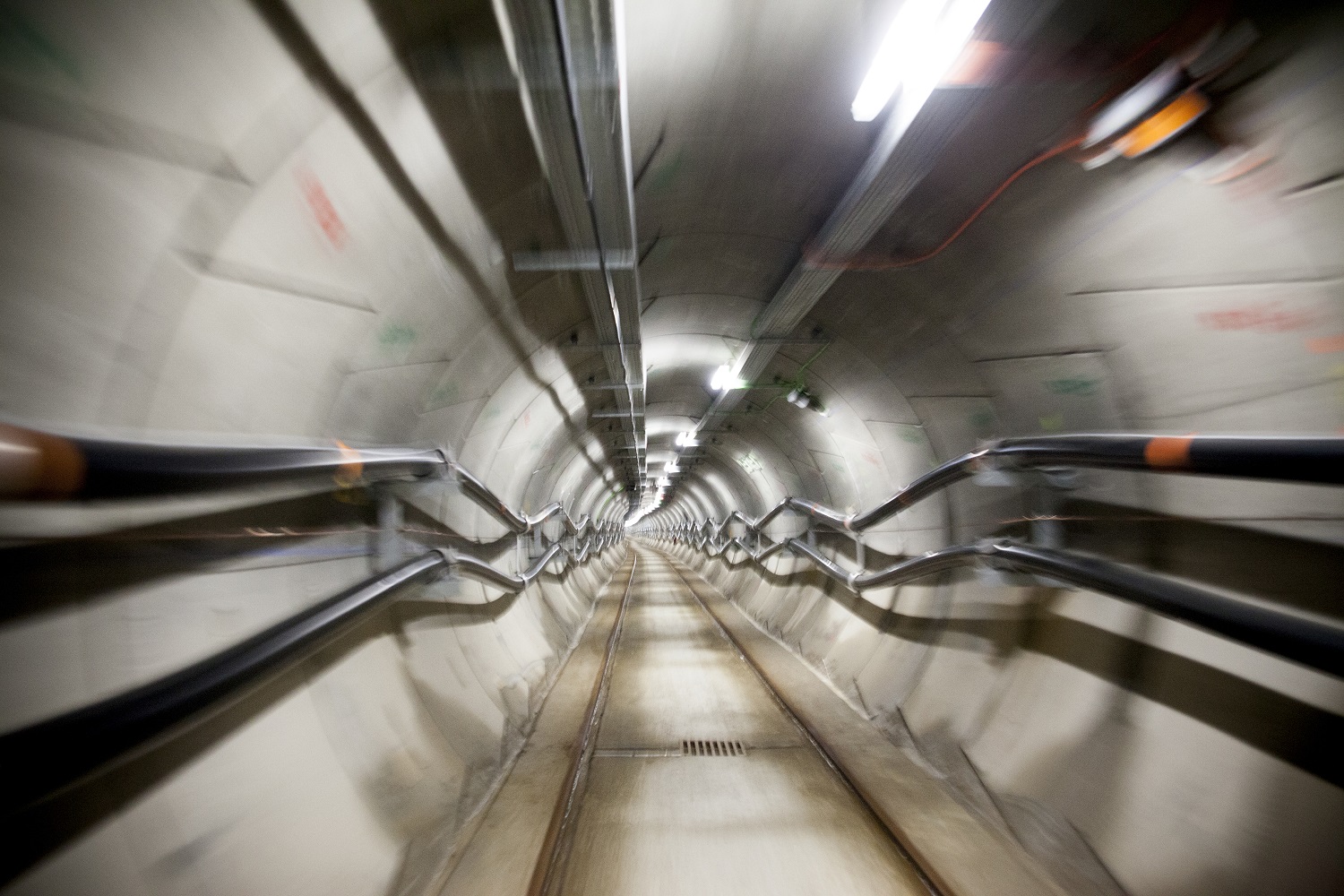Discover what Red Eléctrica is, what we do, and why we are the backbone of the electricity system in Spain and the ecological transition.
The Salto de Chira pumped-storage hydroelectric power station receives a favourable environmental impact statement
· The hydroelectric power station, designed to strengthen the security of the electricity system and advance the energy transition in Gran Canaria, is a fundamental tool to increase the integration of renewable energy and reduce CO2 emissions.
· The construction of this infrastructure will generate 3,500 jobs on the island, contributing to the sustainable economic recovery of the Canary Islands in line with the principles of the European Green Deal and the strategic lines of the Green Deal for the Social and Economic Reactivation of the Canary Islands.
The Regional Ministry of Ecological Transition, the Fight against Climate Change and Territorial Planning has approved the Environmental Impact Statement (EIS) for the Salto de Chira pumped-storage hydroelectric power station, an essential step for the definitive authorisation of this project, which the REE delegate in the Canary Islands, Ainara Irigoyen, stressed that "it is a decisive step towards making the Salto de Chira power station a reality, a fundamental project for promoting the energy transition and the fight against climate change in Gran Canaria, which will be carried out in accordance with the guidelines of the environmental body and with the utmost respect for the environment, the biodiversity of the area and its natural capital. This new infrastructure, which will improve the quality and security of supply, will allow the integration of more clean energy, from the sun and wind, in order to reduce the use of more expensive and polluting fossil fuels.”
The project includes the construction of a pumped-storage hydroelectric power station with a turbine power capacity of 200 MW (which represents around 36% of the peak demand of the island of Gran Canaria) and an energy storage capacity of 3.2 GWh, a seawater desalination plant and the associated marine works, as well as the necessary facilities for its connection to the transmission grid.
The benefits it will bring to the electricity system of the Canary Islands are:
- Increased guarantee of supply for Gran Canaria, by increasing the installed power capacity and strengthening the security of the electricity system; elements that are essential for an electrically isolated system and therefore more vulnerable, as is the case of the Canary Islands system. Furthermore, in the event of a supply interruption, this facility will help speed up and drastically shorten the service restoration times.
- An increase in the integration of renewable energies, by having an essential facility to take advantage of the surplus of clean energy and that will help integrate a greater amount of locally produced energy. In 2026, the Salto de Chira power station will increase renewable energy production on the island by 37%, over the estimated energy that would be generated without the existence of this facility, would raise the average annual coverage of the demand using renewable generation to 51%, which at specific times may be much higher. This will lead to an additional reduction in annual CO2 emissions of 20%.
- Greater energy independence and savings in variable generation costs amounting to 122 million euros per year by reducing imports of more expensive and polluting fossil fuels.
Once the corresponding administrative permitting authorisations have been obtained, Red Eléctrica will begin work on the Salto de Chira project, starting with the construction of the seawater desalination plant in Arguineguín to produce the water necessary for the operation of the pumped-storage hydroelectric power station.
The project, according to the methodology used by Red Eléctrica, will mean the creation of more than 4,300 jobs, of which 3,518 will be generated in Gran Canaria (1,423 direct jobs, 1,987 indirect jobs and 109 induced jobs), contributing to the economic recovery of the Canary Islands in a sustainable manner and in line with the principles of the European Green Deal and the strategic lines of the Green Deal for the Social and Economic Reactivation of the Canary Islands.
The Salto de Chira power station will create an infrastructure that will serve the public of Gran Canaria and will promote blue energy by strengthening the water-energy binomial and will integrate the four functions necessary for the sustainable and ecological development of the island as it stores energy, desalinates water, cares for the natural environment and uses and produces energy while respecting the natural environment.
